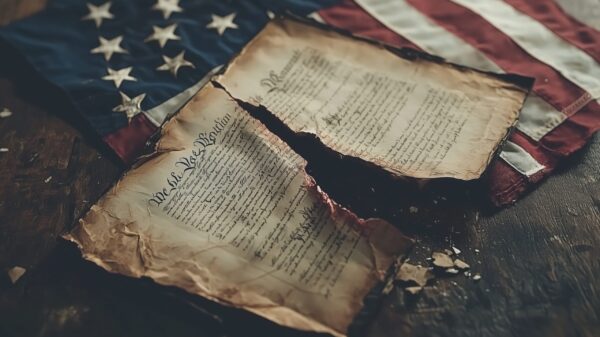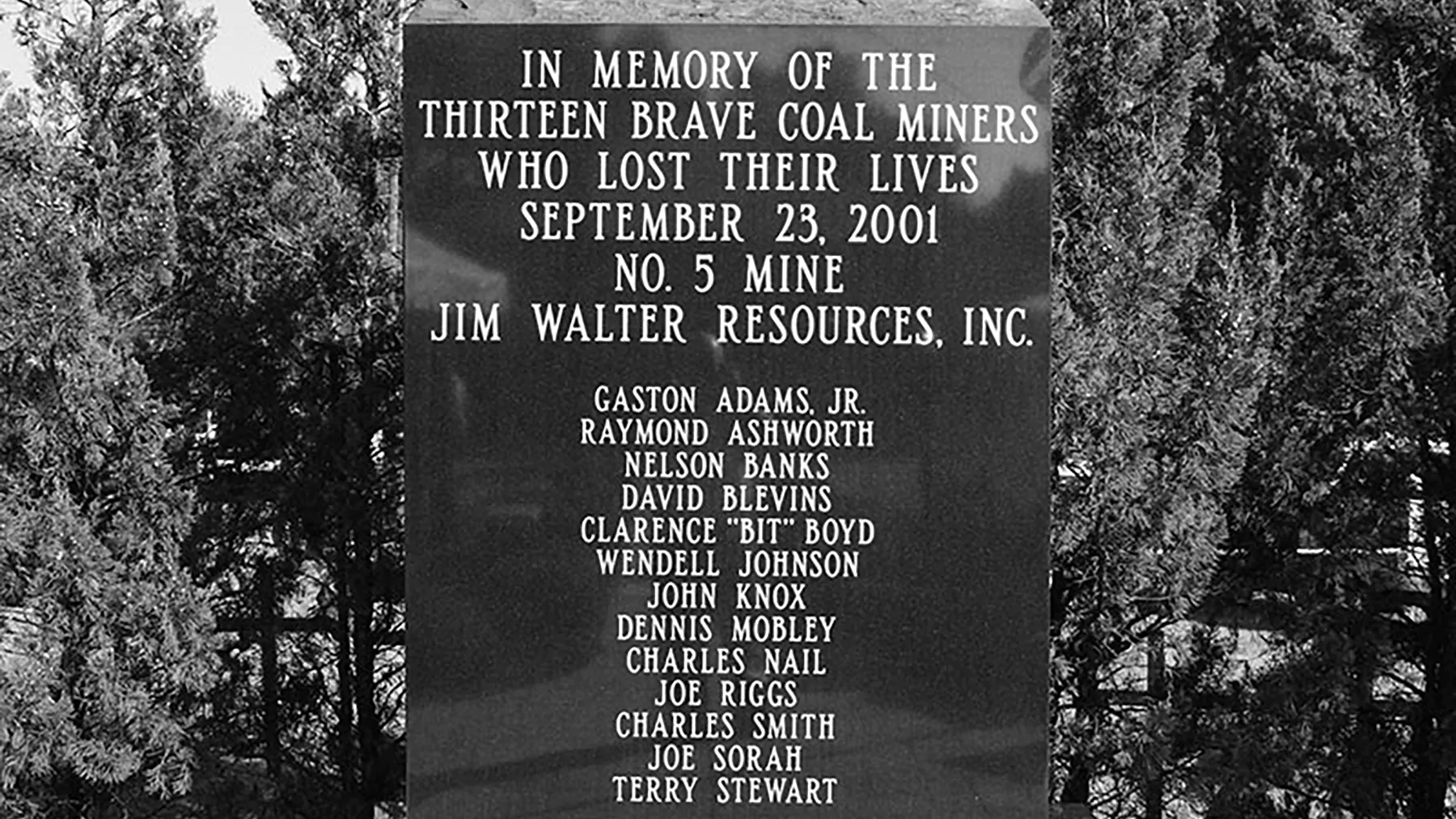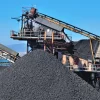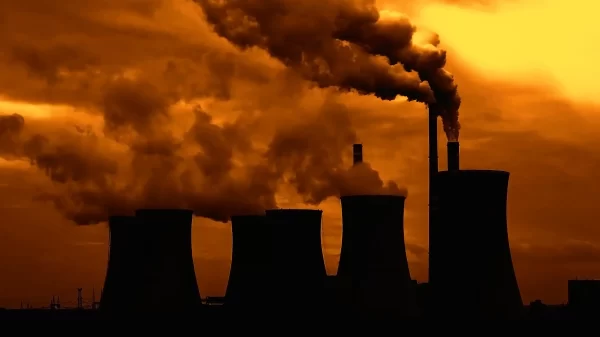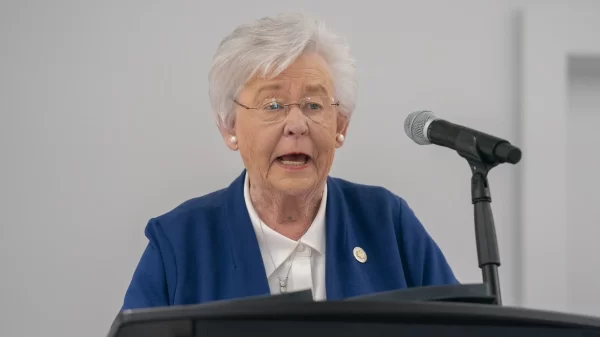Twenty years ago today, on a Sunday afternoon in Brookwood, Alabama, 32 coal miners descended 2,000 feet below the ground into the Jim Walter Resources Blue Creek No. 5 Mine for a routine maintenance check.
Hours later, two successive gas explosions killed 13 miners. It took more than a month to recover their bodies. It was America’s deadliest coal disaster since 1984. And though the toll on the community and families is incalculable, the Mine Safety and Health Administration (MSHA) initially fined the company $435,000. But in the end, the company haggled and argued and a federal judge whittled it down to $5,000 — a slap on the wrist for a traumatic and preventable loss of life.
The victims were fathers. Friends. Heroes. And union brothers, members of the United Mine Workers of America (UMWA) District 20.
Today, some of the same union members who were on site that fatal afternoon are heading into their sixth month on strike for better pay, benefits and yes — safer working conditions.
In 2016, Warrior Met Coal purchased the mines from the then-bankrupt Jim Walter Resources. With new ownership came layoffs, pay cuts and the termination of safety standards won through collective bargaining. In the years since, Warrior Met and its shareholders have made billions in profits while leaving behind the workers who sacrificed everything.
In Brookwood, ties to the mine run as deep as its caverns. If you’re not a mine worker yourself, you know someone who is. And if you are a miner, chances are, so was your father and grandfather. Within that shared connection is the same collective fear: That the person you love may not return home from work.
As I travel the country as president of the AFL-CIO, I meet and talk with union members who are the beating heart of our country — quiet heroes like Haeden Wright. As president of UMWA Auxiliary #2245/2368, for the last six months she’s gone above and beyond to keep the strike pantry stocked, clothing donations stacked and meals delivered each week to union members. Her father was working in Mine #7 the day of the 2001 tragedy, and her husband now works at the same mine as the explosion site (which has since turned into a processing plant).
“We all have parents, grandparents who were there that day,” she said to me. “We lived it. We know it’s not just something that could happen, it has happened. Every day, there is the real possibility that the person you love will not come home. And yet we have a company that is cutting the health care and benefits of workers risking their lives, who are constantly getting exposed to methane gas, coal dust.”
Near Mine #5 is the UMWA Local 2368 union hall, also known as Heroes Hall. On its walls sit a memorial for all 13 explosion victims, 12 of whom were tragically killed after they went back to rescue a worker trapped by the initial explosion.
“In the hall, we don’t just hang the hard hats of the union members—one of the members of the company was there as well,” Haeden said. “But he’s a hero all the same. And that’s the difference between the way the company looks at things and the way we do.”
Today, we remember their names. Raymond Ashworth. Nelson Banks, Jr. David Belvins. Clarence Boyd. Wendell Johnson. John Knox. Dennis Mobley. Charles Nail. Joe Riggs. Charles Smith. Joseph Sorah. Terry Stewart.
Tomorrow and every day after, we keep pushing forward. There’s momentum and urgency for worker empowerment. Support for unions in America is near an all-time high — 68 percent. The PRO Act — transformative legislation that would guarantee more workers the right to negotiate for a safe job — enjoys bipartisan support across the country. And workers from coast to coast are refusing to accept a substandard job, from the coalfields of Alabama to the tech campuses of Silicon Valley.
We’re not backing down, because when tragedy strikes a workplace, it is the union that ensures there is never a return to “business as usual.” It makes a difference for every working person in this country. Unfortunately, under the ownership of Warrior Met, management is choosing profits over safety. And that’s why UMWA Warrior Met workers are holding the picket line: As we pass the 20th Anniversary of Brookwood, we can’t let history repeat itself.




































